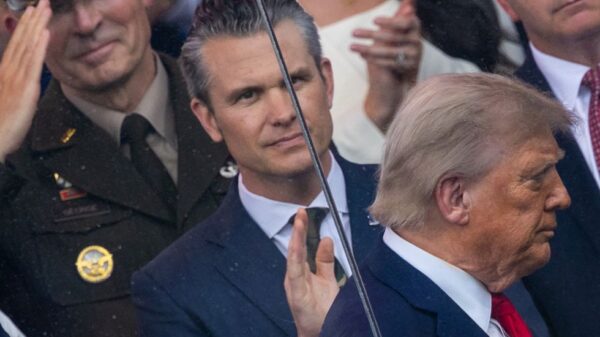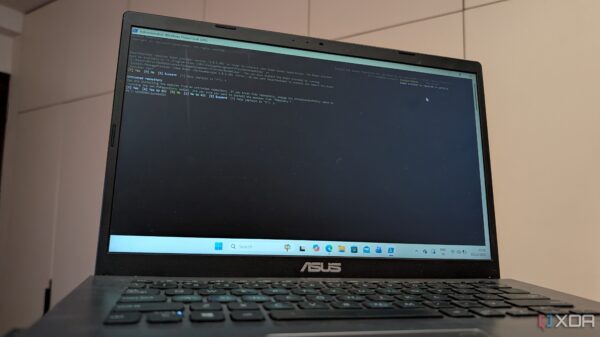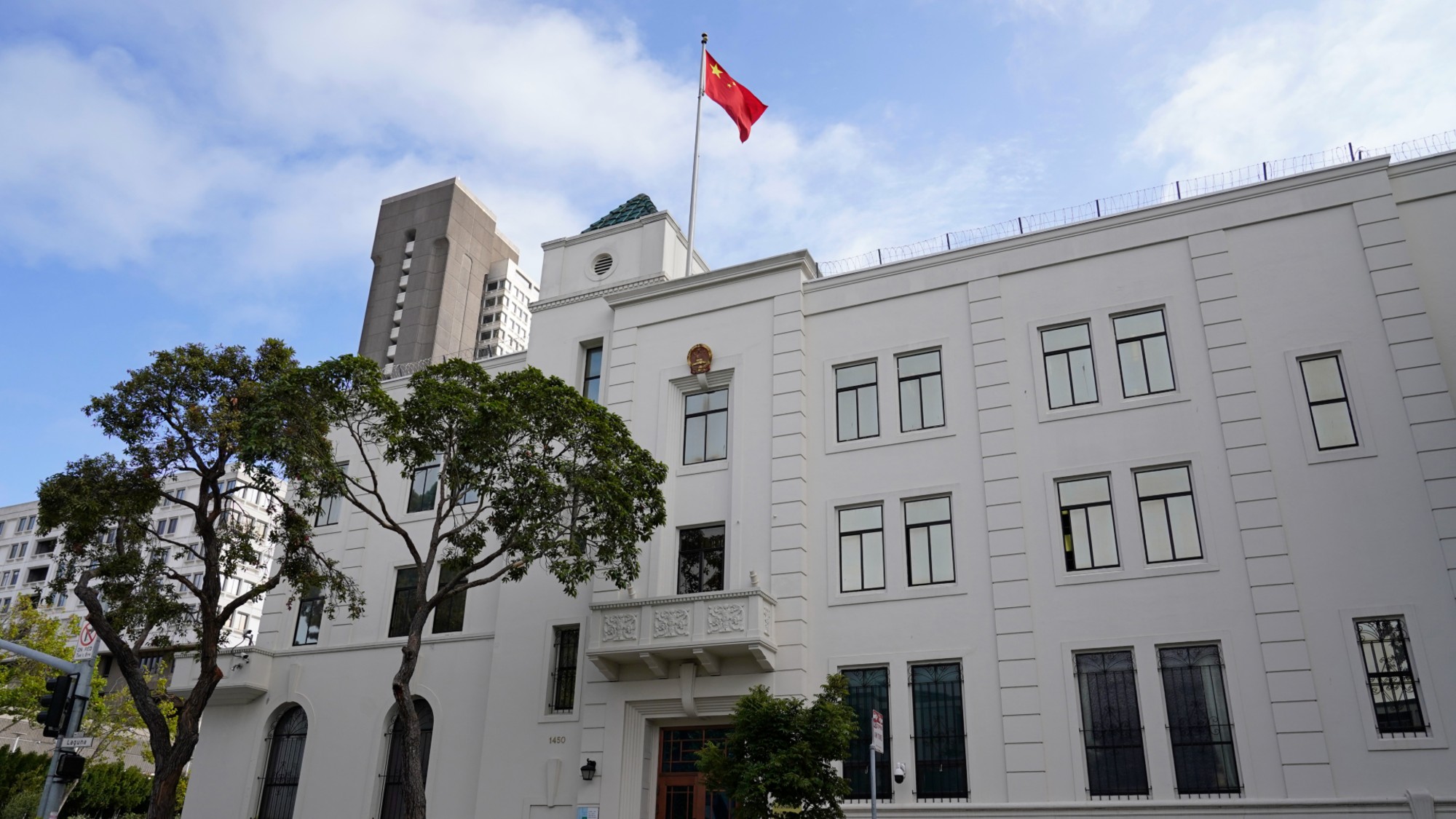A recent investigation has revealed significant efforts by China to expand its influence in American cities, notably within local political landscapes. The investigation, conducted by The New York Times, highlights how organizations backed by China are actively engaging in local politics, particularly in New York City. This comes amidst growing concerns about foreign interference in U.S. elections, with evidence pointing to potential tampering in the 2024 presidential election.
In New York City, various social clubs known as “hometown associations” have emerged as key players in shaping local political discourse. These organizations, which consist of members from the same towns or provinces in China, have reportedly been instrumental in influencing elections. According to the investigation, these groups have worked to “undermine a congressional candidate who once challenged the regime on Chinese television,” assisted in unseating a state senator for attending a banquet with the president of Taiwan, and condemned a city council candidate on social media for supporting democracy in Hong Kong.
The Times notes that these associations have become tools for the Chinese consulate in Midtown Manhattan, with numerous members and former prosecutors indicating that they facilitate China’s influence in New York politics. Over the past five years, at least 50 organizations with ties to Beijing have mobilized members to fundraise for or endorse political candidates. This has raised alarms about how one of America’s most formidable adversaries is exerting influence in the country’s largest city.
Chinese officials have denied these allegations, with a spokesperson for the Chinese consulate asserting that “China has no interest in and has never interfered in any way.”
China’s Influence in Other American Cities
The investigation has also uncovered reports of China’s attempts to exert control in other cities across the United States, particularly in California. In San Francisco, several Chinese diplomats and pro-China diaspora groups have been accused of organizing demonstrations that target and silence dissenting voices opposed to Beijing’s policies. This behavior illustrates the Chinese Communist Party’s willingness to extend its intolerance for dissent into the United States, undermining the First Amendment rights of individuals in American cities.
The Washington Post reported that the Chinese consulate in San Francisco allegedly incentivized participation in pro-CCP activities by covering supporters’ hotel and meal expenses. Similar tactics have been employed in other Californian cities, where the Chinese government has allegedly used local individuals to promote policies that favor the People’s Republic of China. In one instance, a resident of Chino Hills reportedly relayed information to Chinese officials, outlining strategies to influence local politicians against supporting Taiwanese independence.
U.S. Attorney Martin Estrada described this situation as a “very disturbing trend” of Chinese interference in local politics. He emphasized that the overarching goal of such efforts is to diminish support for pro-democracy movements in China, raising serious concerns about the implications for American democracy.
As investigations continue, the extent of China’s influence in American cities remains a pressing issue for policymakers and citizens alike. The revelation of these activities underscores the need for vigilance in protecting the integrity of local political processes and ensuring that foreign interests do not compromise democratic values.






































































